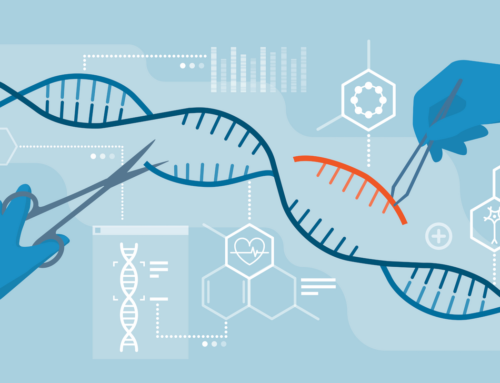In an era where scientific advancements are pushing the boundaries of what’s possible, genetic testing has emerged as a powerful tool that offers insights into our very essence – our DNA. However, before you dive headfirst into the world of genetic testing, there are crucial considerations to keep in mind. Let’s explore the top five important things to know before considering genetic testing.
- Understanding Genetic Testing
Before embarking on the journey of genetic testing, it’s vital to understand what it entails. Genetic testing involves analyzing your DNA to identify changes or mutations in your genes that may be associated with certain health conditions, traits, or ancestry. There are various types of genetic tests, each serving a different purpose. Diagnostic tests are conducted to confirm or rule out a suspected genetic condition, while predictive tests assess the risk of developing certain diseases in the future. Carrier tests help determine if you carry a gene mutation that could be passed on to your children. Lastly, ancestry tests provide insights into your genetic heritage.
- Privacy Concerns
With the abundance of data being generated and shared, privacy concerns have become a pressing issue in genetic testing. Your genetic information is incredibly personal and unique to you, making it a valuable asset to researchers and companies. Before considering genetic testing, thoroughly research or ask your provider about the privacy policies of the testing company. Understand how your data will be used, who will have access to it, and what measures are in place to protect your information. Some companies may sell or share your data, while others prioritize data security and allow you to control how your information is used.
- Psychological and Emotional Preparedness
Genetic testing can uncover information that has a profound impact on your life, both emotionally and psychologically. Positive results might bring relief, but negative or uncertain results could lead to anxiety, stress, or even depression. It’s essential to evaluate your emotional preparedness for whatever outcomes may arise. Consider seeking genetic counseling before and after testing. Genetic counselors can provide guidance on the potential implications of your results and help you navigate the emotional journey that genetic testing can entail.
- Implications for Family Members
Genetic testing doesn’t just reveal information about you; it can also shed light on your family’s health history. Uncovering a genetic mutation might indicate that other family members are at risk too. Discussing your intentions with your family before testing can help you anticipate potential challenges and navigate these conversations more smoothly.
- Misinterpretation of Results
Genetic test results are complex and nuanced, often requiring the expertise of professionals to interpret accurately. Misinterpreting results can lead to unnecessary anxiety, unwarranted medical procedures, or wrong decisions about your health. Ensure that you comprehend your results fully – ask questions, seek clarification, and consult a genetic counselor if needed. Remember that genetic testing provides probabilities, not certainties. A positive result doesn’t necessarily mean you’ll develop a specific condition, and a negative result doesn’t completely rule out the possibility.
The team at Chicago Genetic Consultants welcomes any questions about genetic testing, so please contact us with any questions!





